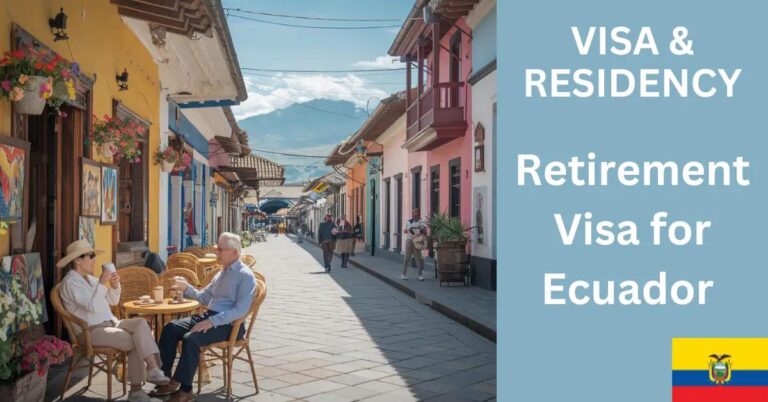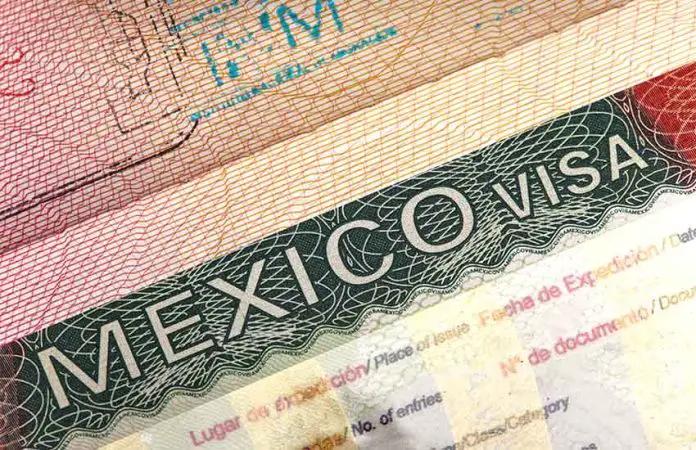TL;DR:
- Retiree residency in Eastern Europe generally requires proof of income, health insurance, and accommodation.
- Bulgaria and Croatia offer specific retiree visas; Bulgaria is particularly hospitable with manageable pension requirements.
- Necessary documents include a valid passport, proof of income, health insurance, and often a background check.
- Challenges for USA retirees include language barriers and navigating foreign legal systems.
- Comparisons of retirement visas reveal varying benefits like processing speed and tax incentives.
- Bulgaria is notably affordable, with low costs in housing, transportation, groceries, and utilities; Romania is also economical.
- Healthcare in the region is affordable, with both public and private options available. Private care reduces wait times but is costlier.
- Bulgaria is favored for its friendly visa policies and affordable lifestyle for US retirees.
- Eastern Europe offers diverse cultural attractions and active lifestyle opportunities for retirees.
Have you ever dreamed of retiring in Eastern Europe and enjoying a vibrant culture, affordable living, and diverse experiences? Exploring retiree residency options across countries like Bulgaria or Croatia opens up new horizons. But what are the essential requirements to make this dream a reality? Join me as I unpack key residency needs, documentation, and the best options for an enriching retirement lifestyle. Let's dive into making your new adventure a smooth journey!
What are the requirements for retiree residency in Eastern Europe?
Eastern Europe is becoming popular with retirees, but each country has rules. My goal is to guide you through these requirements so you can be prepared.
General Requirements Across Eastern Europe
Question: What are the general requirements for retiree residency in Eastern Europe?
Answer: Retirees need proof of income, health insurance, and a place to live. These are basic needs most countries agree on. But, each has different standards for how much income you must have. Most want you to prove you can support yourself without working.
Specific Country Residency Options
Some countries like Bulgaria or Croatia make the process easy. They have specific visas for retirees. The Bulgarian retired resident visa is friendly. You need a pension that meets the income level set by them.
Required Documentation and Processes
You need documents like a valid passport, proof of income, and health insurance. Many countries in Eastern Europe ask for a background check. This can take time, so it's best to prepare early. Contact their consulate or embassy to be sure of the latest requirements.
Common Challenges Retirees Face During Application
Retirees from the USA often find the process complex. Question: What challenges do retirees face when applying from the USA?
Answer: Language and legal systems can be hard. Many documents need translation. Also, understanding the local legal process can be tricky without help.
Comparing Retirement Visas Among Eastern European Countries
Visas differ between countries. It's smart to compare these before choosing a place to live. Some countries have faster processing times. Others offer tax benefits for retirees. By comparing options, you can find the best fit for your needs.
Getting retiree residency in Eastern Europe needs preparation. Different countries offer distinct paths, but most require proof of finances, housing, and health coverage. It's best to research and plan before making your move.
Which Eastern European countries offer the best cost of living for retirees?
Eastern Europe offers affordability for retirees. It stands out against Western Europe due to lower costs. But which country tops the list? Let's break it down.
Cheapest country to retire in Europe? For many, Bulgaria is the answer. It provides a low cost of living and beautiful scenery. Housing is notably affordable. You can rent or buy a property at reasonable prices. In Sofia, the capital, renting a one-bedroom apartment costs less than in many Western capitals.
Romania follows closely for affordability. It has a range of affordable cities such as Cluj-Napoca and Timisoara. The housing costs remain accessible, whether renting or buying.
Compare this with Western Europe, where costs can double. For retirees, budgeting becomes crucial. You'll find that housing, transportation, groceries, and utilities are cheaper in Eastern Europe.
Now, let's explore housing. Renting might be more flexible at first. Many retirees choose to rent when they arrive. It helps them settle in and understand local life. Buying is also an option. Properties in towns across Bulgaria and Romania are cheap compared to France or Germany.
Transportation is another aspect to consider. Whether using public transit or owning a car, costs remain low. Trains and buses connect smaller towns, making travel easy and budget-friendly.
Groceries are another budget-friendly aspect in Eastern Europe. Fresh produce and local markets keep costs down. Utilities also stay reasonable, even during the cold winters.
To budget effectively, consider the 50-30-20 rule. Spend 50% on needs, 30% on wants, and save 20%. Embrace local shopping and dining to stretch your budget further.
In conclusion, Eastern Europe offers retirees great value for money. Whether choosing to settle in Bulgaria or Romania, retirees find welcoming communities and affordability. It's a region where your retirement savings can go a long way.
How does healthcare for retirees in Eastern Europe compare?
If you consider retiring in Eastern Europe, the healthcare system might be on your mind. Healthcare in this region can be much more affordable than in Western countries. Most nations offer public healthcare, but private care is also available. Public healthcare tends to cover basic services at a lower cost or even for free, depending on the country and your residency status. The cost of healthcare in Eastern Europe is generally lower than what you might find in Western Europe or the U.S.
When it comes to public vs private healthcare, the choice depends on your personal preferences and needs. Public hospitals often have long wait times, while private healthcare can provide faster services. However, private care will come with additional costs. Private health insurance might be a good option if you are looking for quicker access to doctors and specialized treatments.
In terms of cost-effective healthcare solutions, many retirees find that medications and treatments are quite affordable. For example, accessing generic medications can save retirees a lot of money. It’s important to have insurance that helps cover these costs. Some countries have easier processes for getting retirement visas which might also include options for affordable healthcare plans.
Access to quality care is generally good in cities, but it might be more limited in rural areas. Insurance can help provide access to better facilities and services. It's crucial to research the different insurance options and see if they cover necessary procedures.
When moving to a new country, navigating the language barrier can be challenging, especially in healthcare settings. Not all doctors and nurses speak English, so learning some basic phrases or hiring a translator can make a significant difference. Some private hospitals and clinics specifically cater to English-speaking expats, which can ease communication difficulties.
Overall, Eastern Europe offers retirees affordable healthcare with good options across public and private services. It requires some planning, but with the right approach, it can be a great choice for healthcare needs.
What Lifestyle and Cultural Opportunities Exist for Retirees in Eastern Europe?
Eastern Europe offers many lifestyle options for retirees. One great way to enjoy retirement here is to stay active. Eastern Europe has many options for sports, clubs, and wellness. You can try hiking in the beautiful mountains or join a local gym. Staying active keeps your body healthy and helps you make new friends.
Finding a good community is important when retiring abroad. The expat community in Eastern Europe is strong and welcoming. Joining local organizations or clubs can help you find other retirees. These groups often organize events and activities to make you feel at home.
What is the easiest European country for a US citizen to retire to? Bulgaria. Many retirees choose Bulgaria because of its friendly visa policies and affordable lifestyle. The process to retire in Bulgaria is not complex. Retirees feel comfortable with the country's costs and atmosphere, making it easier than most other European countries.
Eastern Europe is full of cultural attractions. You can visit historic castles, old churches, and art museums. Each city has its own history and charm. Exploring these places can fill your days with excitement and learning.
Engaging with local traditions and festivals can enrich your experience. Each Eastern European country has its own unique customs. Local festivals are a great way to learn about these traditions and meet new people. Participating in these events can give you insights into the country's culture.
Retiring in Eastern Europe means adapting to cultural differences. Support networks can help you adjust to your new life. Expat groups often provide valuable advice and resources to make your transition easier. These networks can guide you through cultural challenges and language barriers.
Enjoying your retirement in Eastern Europe is possible with the right choices. Active pursuits, cultural exploration, and a strong community support network are key to a fulfilling retirement.
Conclusion
Retiring in Eastern Europe offers diverse options with unique residency requirements and challenges. We explored retiree visas, cost of living, and healthcare in several countries like Bulgaria and Croatia. You learned about cost-effective healthcare, affordable living options, and engaging in local activities. Living in Eastern Europe is rich in culture and history, offering retirees a vibrant lifestyle. Set your plans, gather your documents, and dive into this exciting new chapter. The opportunities for an active, enriching retirement are boundless. Don’t wait; start your journey to a fulfilling life abroad today!







